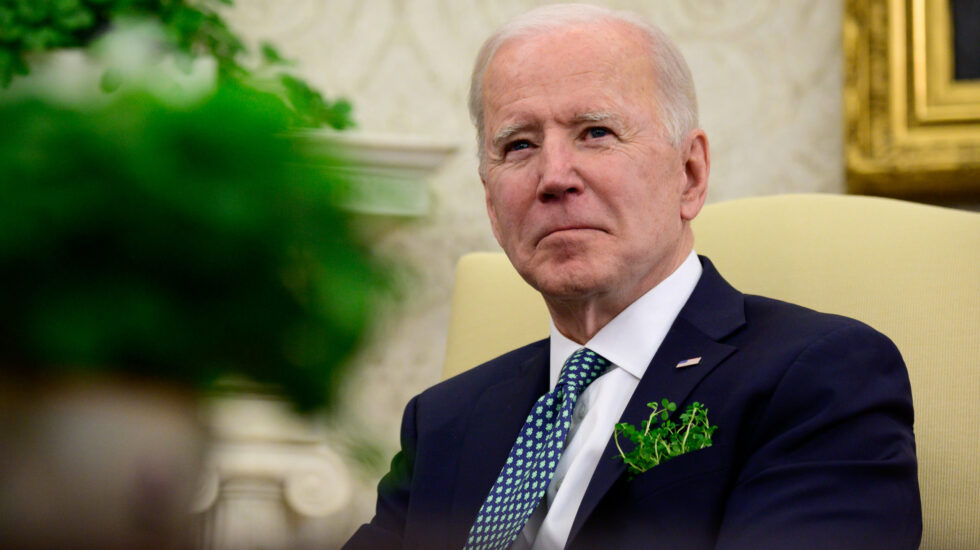The $1 trillion dollar infrastructure bill has cleared the Senate 69-30, a rare moment of bipartisan compromise following weeks of arduous negotiations. The House will consider the bill when it returns from recess next month.
The bill authorizes $550 billion in new spending, including:
- $110 billion for roads and bridges
- $73 billion for the electrical grid and power infrastructure
- $66 billion for railroads
- $65 billion for broadband
- $55 billion for water systems
- $50 billion for Western water storage
- $39 billion for public transportation
- $21 billion for environmental remediation projects
- $15 billion for electric vehicles
“This bill will rebuild crumbling roads and bridges and tunnels across the country, it will provide clean drinking water in American homes and address harmful contaminants, it will increase connectivity in our communities to bring broadband to even the most rural parts of our country,” said Sen. Jeanne Shaheen (D-NH), who helped craft the package.
For months, a bipartisan group of Senators traded compromises to form an infrastructure package that would overcome a GOP filibuster. The new spending is larger than Republicans hoped for, but they blocked new taxes. A large chunk of the package will be funded by unspent COVID-19 relief funds. The nonpartisan Congressional Budget Office estimates the bill will add $256 billion to the deficit.
The deal is viewed as a win for President Biden, whose insistence on bipartisanship was deemed out of touch with Washington’s endemic gridlock. But Biden has now succeeded where previous administrations failed. There hasn’t been an investment in American infrastructure of this size in decades.
From the sidelines, former President Trump tried to torpedo the effort, but he was widely ignored.
The legislation now heads to the House, where a Democratic majority portends an easier path to approval. But doubt still lingers; progressives have insisted they’d only consider the infrastructure bill in tandem with a separate $3.5 trillion package that tackles liberal priorities like paid family leave, universal pre-k, and subsidies designed to encourage clean-energy. That package raises taxes on corporations and wealthy Americans.
Speaker Nancy Pelosi said the House will consider both bill simultaneously once they return from recess in September.
